Description
Praziquantel: A Targeted Weapon Against Devastating Parasitic Worms
Praziquantel. The name itself might not roll off the tongue, but this drug plays a critical role in combating some of the world’s most debilitating and widespread parasitic worm infections. Used extensively in both human and veterinary medicine, praziquantel is a broad-spectrum anthelmintic, meaning it effectively eliminates a variety of parasitic worms that can wreak havoc on health and well-being.
What Kind of Worms Does Praziquantel Combat?
Praziquantel is primarily used to treat infections caused by flatworms, including:
- Schistosomiasis (Bilharzia): Caused by blood flukes, schistosomiasis affects hundreds of millions of people, particularly in Africa, Asia, and South America. These worms can cause damage to the liver, bladder, and intestines, leading to serious complications and even death. Praziquantel is often the drug of choice for treating this widespread and debilitating disease.
- Tapeworm Infections: Several species of tapeworms can infect humans through contaminated food, particularly undercooked meat or fish. Praziquantel is effective against various types of tapeworms, including those associated with pork, beef, and fish.
- Liver Fluke Infections: Liver flukes, such as Clonorchis sinensis and Opisthorchis viverrini, can cause inflammation of the liver and biliary ducts. Praziquantel is a crucial treatment option for these infections, which are prevalent in parts of Asia.
How Does Praziquantel Work?
The precise mechanism of action of praziquantel is not fully understood, but it’s believed to work by affecting the permeability of the worm’s cell membranes. This disruption leads to:
- Calcium Influx: Praziquantel increases the permeability of the worm’s membrane to calcium ions, causing a rapid influx of calcium into the parasite’s cells.
- Muscle Contraction and Paralysis: This sudden increase in calcium triggers strong muscle contractions, leading to paralysis of the worm.
- Dislodgement and Death: The paralyzed worm detaches from the host’s tissues and is ultimately cleared from the body.
Advantages and Disadvantages
Praziquantel offers several advantages:
- Broad Spectrum: Effective against a wide range of flatworm infections.
- High Efficacy: Generally, a single or short course of treatment is sufficient to eliminate the infection.
- Relatively Safe: Side effects are usually mild and transient.
- Oral Administration: Available in tablet form, making it easy to administer.
However, it also has some limitations:
- Limited Activity Against Roundworms: Praziquantel is primarily effective against flatworms and has limited or no activity against roundworms (nematodes).
- Side Effects: Common side effects include nausea, headache, dizziness, and abdominal discomfort. These are usually mild and short-lived.
- Contraindications: Praziquantel is contraindicated in certain situations, such as during pregnancy (unless the benefit outweighs the risk) and in patients with ocular cysticercosis (larval tapeworm infection in the eye).
The Global Impact of Praziquantel
Praziquantel has had a significant impact on global health, particularly in areas where schistosomiasis and other flatworm infections are endemic. Mass drug administration (MDA) programs using praziquantel have been instrumental in controlling and even eliminating schistosomiasis in some regions. The drug has also been crucial in improving the health and productivity of livestock in many parts of the world.
Looking Ahead
Praziquantel remains a vital tool in the fight against parasitic worm infections. Continued research is focused on understanding its mechanism of action more fully, developing more effective formulations, and ensuring its accessibility to those who need it most, particularly in resource-limited settings. Its ongoing role in public health underscores its importance as a targeted weapon in the battle against devastating parasitic diseases.

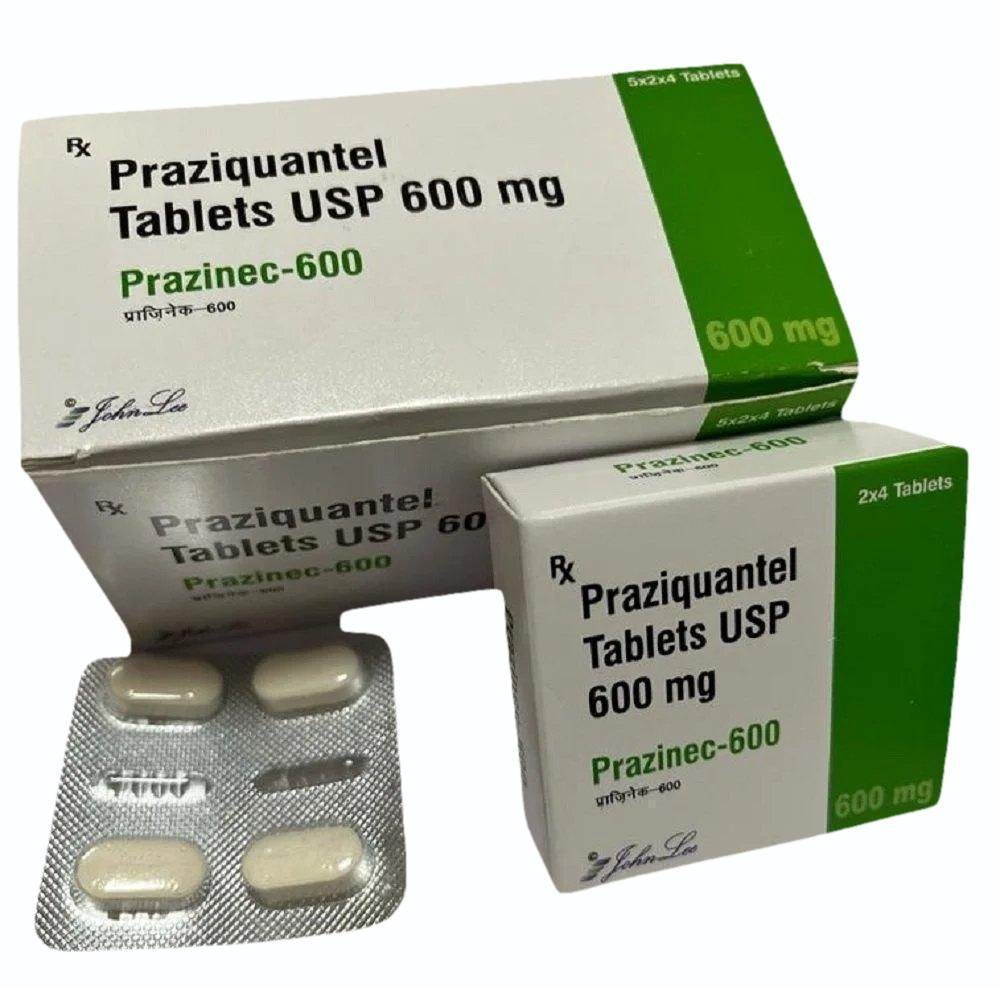

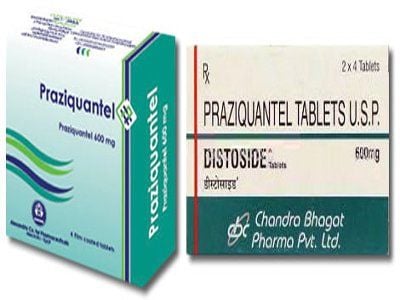
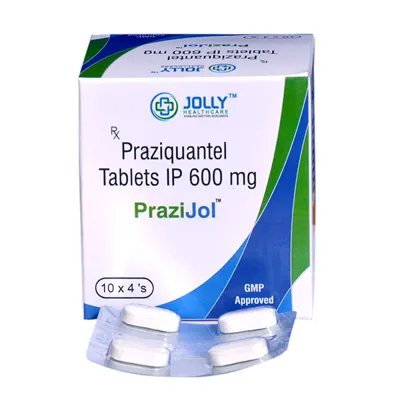





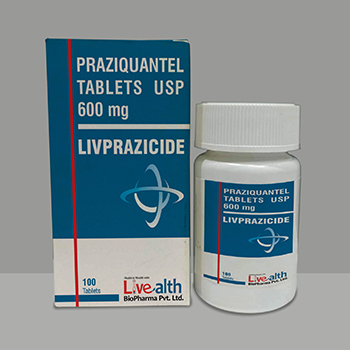

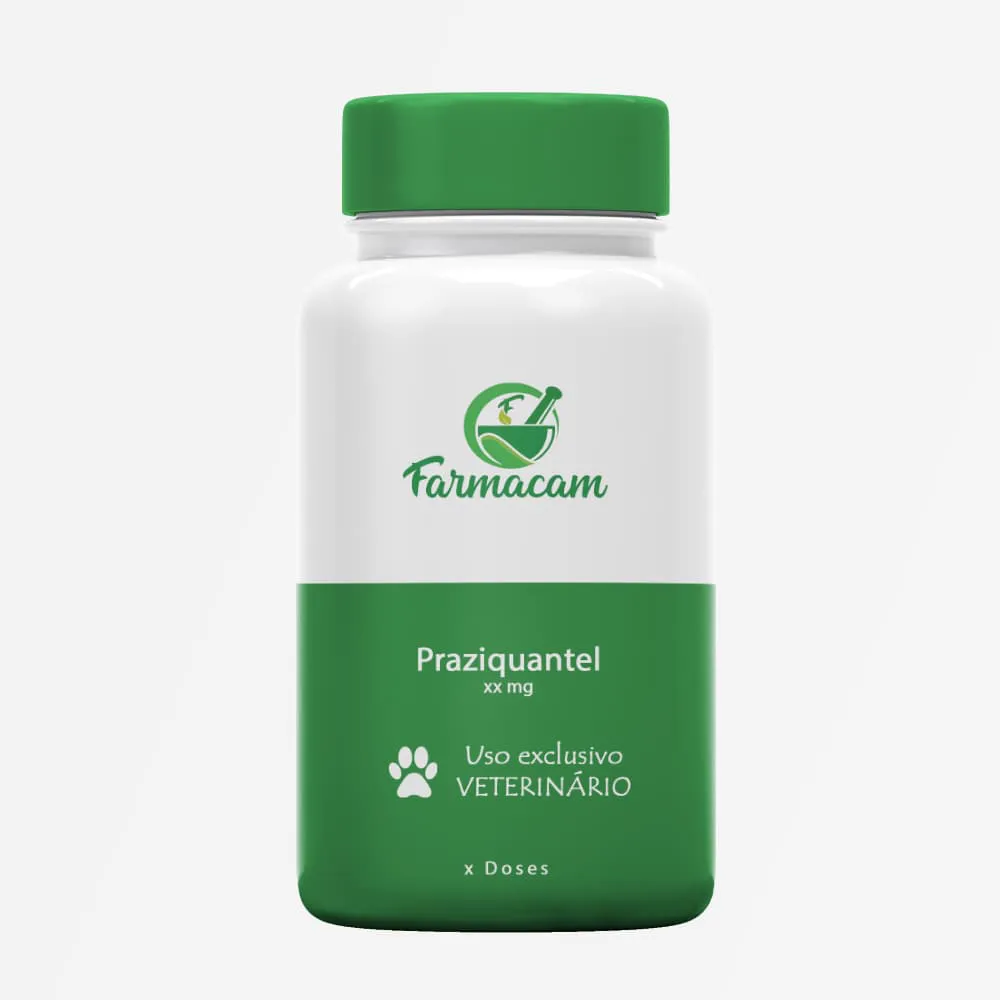

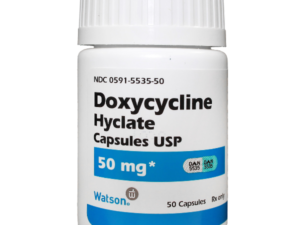


Reviews
There are no reviews yet.